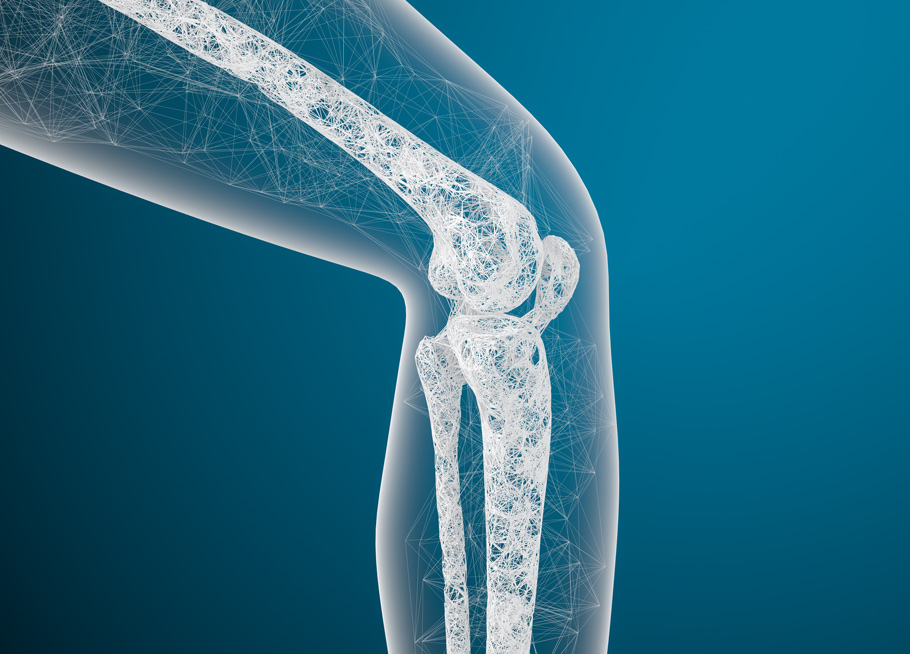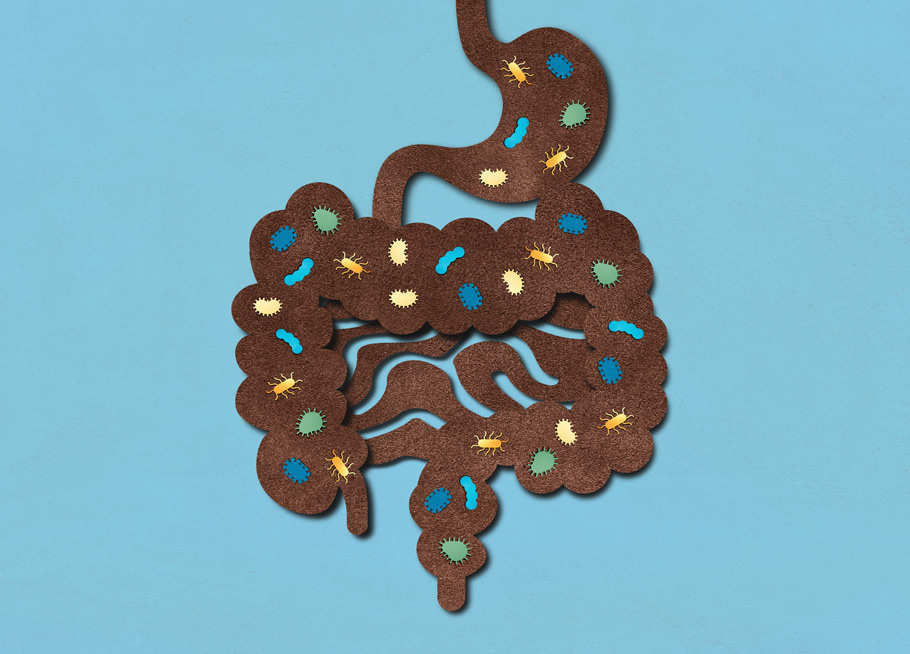
Joint pain and fatigue often go hand in hand, particularly in conditions such as inflammatory arthritis (which includes rheumatoid arthritis and psoriatic arthritis), where persistent inflammation impacts both physical and mental energy. Fatigue affects up to 80% of those with rheumatoid arthritis, making it one of the most common symptoms of the condition alongside joint pain.
Dr Naveen Bhadauria, Consultant Rheumatologist at Pure Rheumatology London, says, “Joint pain and fatigue often create a self-perpetuating cycle, where pain limits activity and disrupts sleep, while fatigue reduces the energy available to manage symptoms effectively. Addressing both through a personalised approach – focusing on positive lifestyle changes, stress management and physiotherapy – can significantly improve quality of life.”
How Joint Pain Leads To Fatigue
Arthritis, and other conditions that cause chronic joint pain, can lead to fatigue. This includes osteoarthritis (OA), rheumatoid arthritis (RA), psoriatic arthritis (PsA), gout and ankylosing spondylitis (AS). There are a handful of different reasons why these conditions can lead to fatigue, including:
Systemic Inflammation
RA, PsA and AS are caused by systemic inflammation. Inflammation is a normal immune response to illness and injury, but in individuals with inflammatory types of arthritis, it is excessive and results in pain and damage to joints. This ongoing immune response requires a lot of energy from the body, leaving less energy for you to perform daily tasks, resulting in you feeling fatigued.
Sleep Disruption
Joint pain may worsen at night for several reasons: levels of hormones and certain proteins in the body can change during the night, triggering inflammation; pain medications taken during the day may wear off; and your sleeping position may be putting stress or pressure on your joints. This can cause interrupted and inadequate sleep, leading you to feel exhausted during the daytime.
Anxiety And Depression
There is a correlation between anxiety and depression and individuals with chronic pain. These mental health conditions can arise due to the decline in quality of life in relation to persistent pain and limited mobility; worrying about when flare-ups may occur; apprehension towards seeking treatment or worrying whether treatment may be successful; and fear of future disability, amongst many other causes. Not only can depression and anxiety disrupt sleep, which leads to excessive daytime tiredness, they can also impact hormone levels and impair cognitive ability, resulting in mental and physical exhaustion.
Medication
Certain medications may cause drowsiness and feelings of fatigue. Examples include antidepressants; nonsteroidal anti-inflammatories (NSAIDs); and certain disease-modifying antirheumatic drugs (DMARDs) such as methotrexate, the latter two being common treatments for arthritis.
Anaemia
Anaemia – a condition where there are not enough red blood cells in the body – is common in those with RA. This is because chronic inflammation can impact your body’s ability to use stored iron to create new red blood cells. Unfortunately, having anaemia means that your body is producing less haemoglobin (a component of red blood cells which carries oxygen around your body), resulting in less oxygen reaching your tissues and muscles, depriving them of energy and leaving you feeling fatigued.
Lack Of Exercise Due To Pain
Inactivity can lead to a loss in muscle mass, which can make it harder to move around without becoming physically fatigued. This is a common issue in those with all types of arthritis due to pain limiting mobility. Not only that, but exercise improves circulation, boosts your ‘feel good hormones’ and helps improve quality of sleep, so a lack of it can make you feel low on energy, especially if you previously had an active lifestyle.
How To Manage Joint Pain And Fatigue
Managing joint pain and fatigue requires a holistic approach that addresses both physical symptoms and overall wellbeing. This means making small, sustainable lifestyle changes over a long-term period, which can be made easier and more navigable with the help of a consultant rheumatologist. These lifestyle changes include:
Dietary Adjustments
Anti-inflammatory diets that are low in sugar and rich in omega-3 fatty acids, vegetables and whole grains may help reduce inflammation, while avoiding foods that are high in purines will prevent gout flare-ups. Limiting processed foods and sugar may also minimise energy crashes.
Meditation And Relaxation
Mindfulness techniques such as meditation and progressive muscle relaxation (sequentially tensing and relaxing muscles and muscle groups) can reduce stress, helping to alleviate fatigue and inflammation. Try to build a habit of meditating each day; even 20 minutes of meditation can help improve your mental and physical wellbeing. If you struggle to meditate on your own, try listening to a guided meditation to help you ease into the habit.
Stress Management
Chronic stress heightens inflammation and fatigue. Structured coping mechanisms such as daily journaling, breathing exercises and counselling can mitigate its impact. You may also want to address the root cause of the stress; for example, if you are struggling to cope with a heavy workload and this is affecting your health, consider conversing with your manager or boss to delegate some of your work or allow you to take some time off.
Structured Exercise
Physiotherapy-guided, low-impact exercises like swimming or yoga strengthen the muscles around the joints, reducing strain and pain. Building an exercise routine gradually, under professional guidance, could lead to regaining mobility and strength, leading to a more positive outlook.
Sleep Hygiene
Prioritising quality sleep is essential for avoiding fatigue and decreasing your risk of inflammatory arthritis flareups. Techniques like sticking to a regular sleep schedule, creating a calming bedtime routine, and avoiding screens before bed can help improve rest.
What To Do Now If You Have Joint Pain And Fatigue
If you are experiencing joint pain, regardless of whether it is combined with fatigue, you should visit a consultant rheumatologist to diagnose the cause of the joint pain. Receiving a confident diagnosis is crucial, as undiagnosed arthritic conditions may worsen over time, leading to irreversible joint damage and chronic pain. As soon as the cause has been identified, you can begin a treatment plan to help you manage your pain and any other symptoms, including fatigue, helping you achieve a better quality of life and get back to feeling like your old self again.
To book your consultation with Dr. Naveen Bhadauria, call 0207 126 7264, or use our online booking system.
Article by Dr. Naveen Bhadauria


